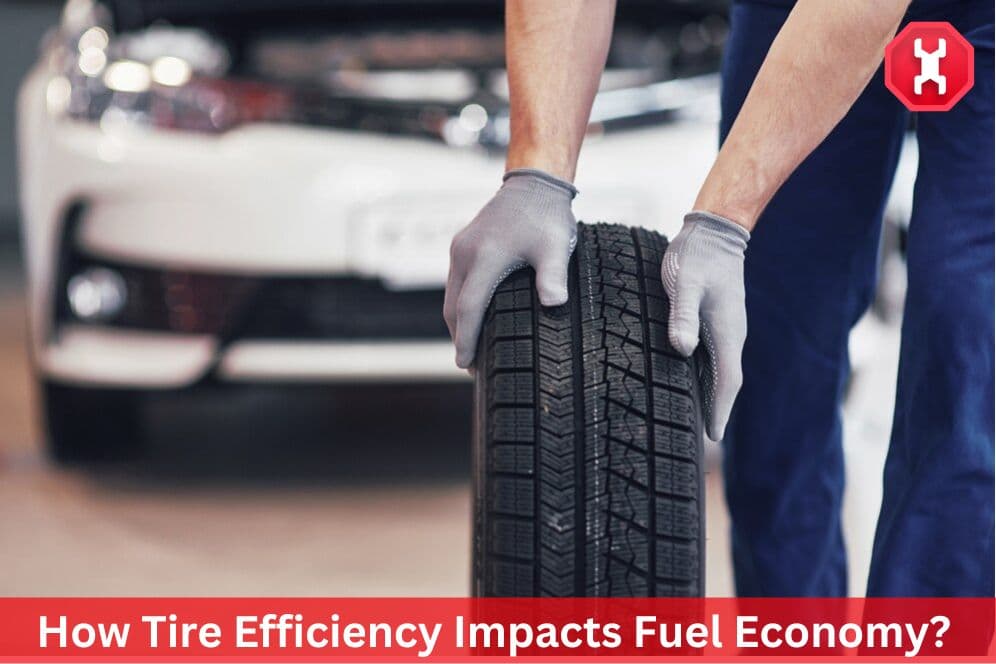Tire efficiency, often overlooked, plays a significant role in determining a vehicle's fuel economy and overall environmental impact. By understanding the factors that influence tire efficiency and making informed choices, drivers can contribute to a more sustainable future.
Factors Affecting Tire Efficiency
Rolling Resistance:
- Tire Construction: The materials and design of a tire influence its rolling resistance. Tires with lower rolling resistance require less energy to roll, reducing fuel consumption.
- Tire Pressure: Proper tire inflation is crucial. Underinflated tires increase rolling resistance, leading to decreased fuel efficiency and accelerated wear.
- Tire Alignment and Balance: Misaligned or unbalanced tires can cause uneven wear and increased rolling resistance.
Tire Tread Design:
- Tread Pattern: The design of the tread pattern affects traction, braking performance, and rolling resistance. Modern tread designs aim to optimize these factors.
- Tread Depth: Adequate tread depth is essential for safety and fuel efficiency. Worn-out tires can increase rolling resistance and reduce fuel economy.
Impact on Fuel Economy and Environment
Fuel Economy:
- Lower rolling resistance translates to improved fuel economy.
- Proper tire maintenance can significantly reduce fuel consumption.
- By choosing fuel-efficient tires, drivers can save money on fuel costs.
Environmental Impact:
- Reduced fuel consumption leads to lower greenhouse gas emissions.
- Improved tire efficiency contributes to cleaner air and a healthier environment.
- Proper tire maintenance can extend the tire's lifespan, reducing waste and minimizing the environmental impact of tire production and disposal.
Tips for Improving Tire Efficiency
- Maintain Proper Tire Pressure: Regularly check and adjust tire pressure to the manufacturer's recommended levels.
- Rotate Tires: Rotating tires periodically ensures even wear and extends their lifespan.
- Choose Fuel-Efficient Tires: Look for tires with low rolling resistance and good fuel economy ratings.
- Align and Balance Tires: Regular alignment and balancing can improve fuel economy and handling.
- Drive Responsibly: Avoid aggressive driving habits, such as sudden acceleration and braking, which can negatively impact fuel efficiency.
By understanding the factors that influence tire efficiency and implementing these simple tips, drivers can make a positive impact on their fuel economy and the environment.
